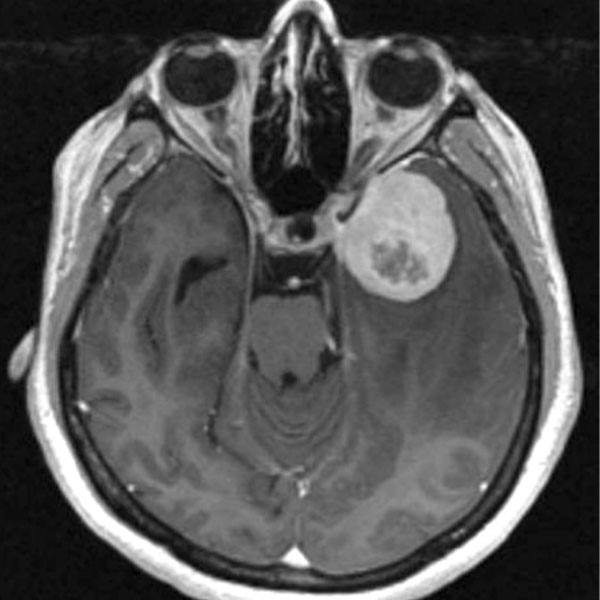-
Cancer
Long-term pancreatic cancer survivors report excellent post-surgery quality of life
Pancreatic cancer is considered the most lethal cancer in the human body. But new treatment advances are improving outcomes for patients, making long-term survival possible.
Although there is a growing population of long-term pancreatic cancer survivors, data on those patients' quality of life are still limited.
In a new study published in Annals of Surgery, Mayo Clinic researchers analyzed the results of a cross-sectional survey of pancreatic cancer survivors. They found that patients — who were, on average, five years post-surgery — reported excellent quality of life.
The study focused on patients who underwent pancreatoduodenectomy, or Whipple procedure, for pancreatic cancer at Mayo Clinic between 2011-2019. This complex operation involves removing the head of the pancreas, the first part of the small intestine, the gallbladder, and the bile duct. A 55-question survey assessed their quality of life and gastrointestinal symptoms years after the procedure.
Survey respondents were primarily Caucasian (93%) and roughly half were male (54%). The researchers call for further studies that include greater racial diversity.
"The modern management of pancreas surgery often requires patients to be treated with multiple treatment modalities, including chemotherapy, radiation and surgery," says corresponding author Cornelius Thiels, D.O., a Mayo Clinic surgical oncologist and hepatobiliary and pancreas surgeon. "While the short-term complications of these treatments are well-known, we don't fully understand the long-term effects that these treatments have on patients."
The researchers compared participants' quality-of-life scores to those averages of the U.S. general population. "For almost every patient-reported measure we looked at, patients who underwent surgery had the same, or even better, quality-of-life scores [as the average person] three to 10 years after surgery," says Dr. Thiels.
The research team was reassured that most patients reported having an excellent quality of life after surgery. However, Dr. Thiels acknowledges that this may be affected by survivorship bias.
In their analysis, the researchers also evaluated long-term gastrointestinal symptoms that can be common outcomes of pancreatic cancer surgery. After surgery, some patients may experience pancreatic insufficiency, where the pancreas doesn't produce enough of the enzyme needed to digest food completely. Patients may also develop diabetes, in which the pancreas does not produce the right amount of insulin to move glucose from the blood into the cells.
"We worried that patients may experience ongoing gastrointestinal symptoms related to the changes that these major operations have on their digestive tract," says first author Chi Zhang, M.D., a Mayo Clinic general surgery resident.
While most patients reported mild gastrointestinal symptoms, such as changes in bowel habits and food tolerance, nearly all patients said that these symptoms had little to no adverse effect on their overall quality of life. The rate of insulin-dependent diabetes was also surprisingly low among the study group.
Mayo Clinic hepatobiliary and pancreas surgeons are using the study's information about long-term symptoms and rates of postoperative complications to educate patients when discussing surgery and to guide their follow-up planning.
"Now we can reassure patients that the majority of long-term survivors will have an excellent quality of life despite the significant and life-changing natures of the treatments," says Dr. Thiels. "This is important data for surgeons and patients to have because it can help patients decide whether to proceed with a major surgery."
Monitoring for specific symptoms during follow-up can help identify patients who may not have ideal outcomes. This can enable earlier post-surgical intervention and better symptom management.
"We want to make sure patients not only recover well from their surgery, but that recovery continues to be successful three, five, and ideally 10 years after surgery," says Dr. Thiels. "That means not having a surgical complication, but also having an excellent quality of life."
—Chloe Corey









